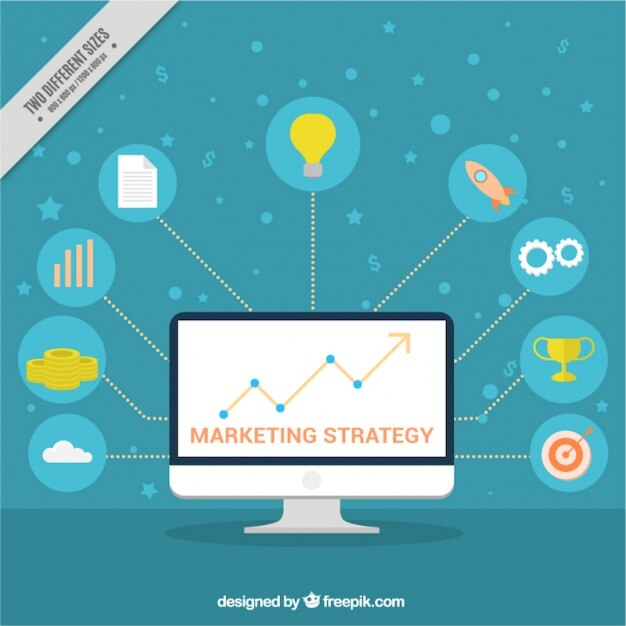In today’s highly competitive market, HR software sales require innovative marketing strategies to stand out and thrive. Traditional marketing techniques often fall short when dealing with the intricacies of the software industry, given its unique characteristics such as prolonged sales cycles and challenges like customer retention. To address these challenges, integrating eLearning into your marketing strategy can be a game-changer. Let’s delve into how eLearning marketing strategies can significantly boost HR software sales.
Firstly, educating potential customers about the functionalities and benefits of your software is crucial. By creating comprehensive eLearning modules, you can offer detailed insights into how your software addresses specific HR challenges. These modules can include interactive demos, tutorials, and case studies that allow prospects to experience your software’s capabilities firsthand. This form of engaging content not only builds credibility but also fosters an informed customer base more likely to convert.
Blending storytelling with eLearning content can be another powerful approach. Craft narratives that resonate with your target audience by highlighting success stories and real-world applications of your software. Narratives that focus on customer pain points and how your HR solution alleviates these can make your software’s value proposition much more tangible. This emotional connection often leads to increased trust and interest among prospective clients.
Incorporating gamification in your eLearning strategy can further enhance engagement. Design gamified learning experiences that reward users for exploring different features of your software. These could include quizzes with leaderboards or scenario-based challenges that mirror real HR situations. Gamification not only makes the learning process fun but also deepens user interaction with your software, creating a memorable impression.
Another strategy is to leverage webinars and virtual workshops as part of your eLearning marketing. Hosting live events provides an opportunity to showcase your software while engaging with potential customers in real-time. During these sessions, you can address common queries, demonstrate key features, and offer personalized advice. The interactive nature of webinars fosters a sense of community and trust, leading to stronger client relationships.
Building a dedicated online community around your software can also contribute to sales growth. Through forums and group learning sessions, users can share their experiences and insights. These communities become hubs for knowledge exchange, where potential customers can learn from existing users. This peer learning culture not only aids in customer retention but could also drive word-of-mouth referrals, amplifying your marketing reach.
Finally, track the effectiveness of your eLearning initiatives using analytics tools. By monitoring user engagement, conversion rates, and feedback, you can continually refine your strategies to better meet customer needs. These insights help you identify which aspects of your eLearning content resonate most with your audience and which require adjustments. Optimizing your approach based on data-driven insights ensures that your marketing efforts remain impactful and aligned with your sales goals.
By integrating these eLearning marketing strategies into your overall sales approach, HR software companies can effectively navigate the complexities of the industry. Educating and engaging potential customers through innovative, interactive methods not only differentiates your product but cultivates loyal, informed clients. In an ever-evolving market, leveraging eLearning can be the key to unlocking sustainable growth and success in HR software sales.
